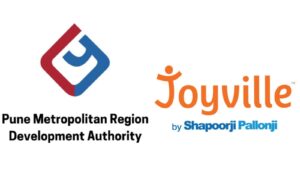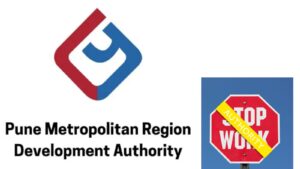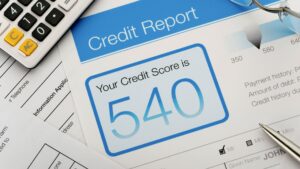Credit Scores Biases Discrimination, and What You Can Do to Protect Yourself
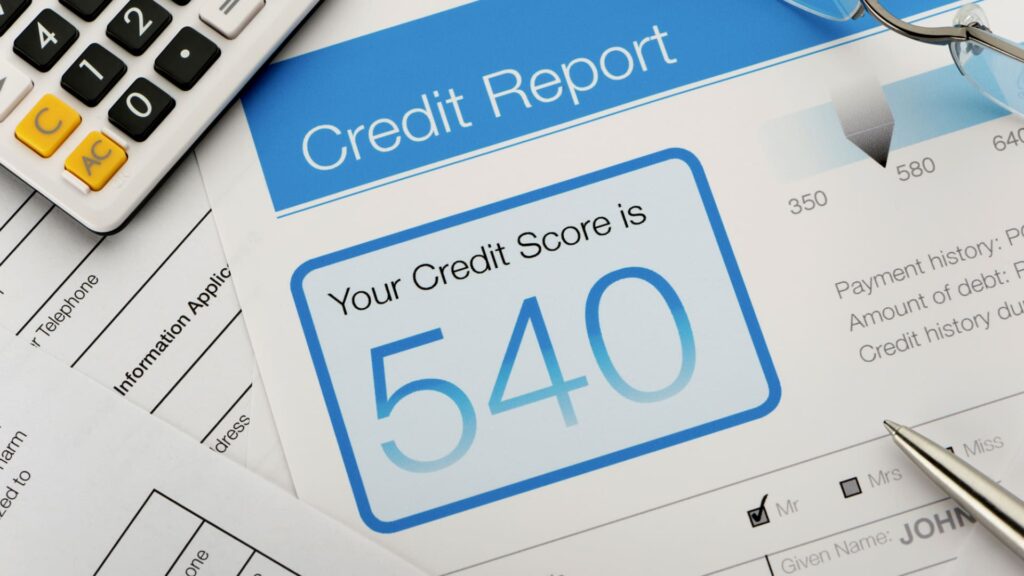
Credit Scores Biases Discrimination, and What You Can Do to Protect Yourself
Why your credit score may not tell the full story—and how to protect yourself from systemic bias.
Credit scores have become the gatekeepers of modern financial life — influencing whether you get a home loan, a credit card, or even a marriage proposal. A simple number between 300 and 900, generated by analysing your financial history, can define your access to opportunity. Yet beneath this seemingly objective system lies a troubling reality — bias and discrimination are built into the very algorithms meant to ensure fairness.
Invisible Citizens: When Lack of History Becomes a Penalty
For millions of Indians, particularly those in rural or low-income communities, the problem begins with not having a credit history at all. Regardless of their actual income or reliability, families without prior formal borrowing records find themselves effectively “invisible” to the banking system.
In May 2025, Maharashtra Chief Minister Devendra Fadnavis urged banks not to insist on CIBIL scores for loan disbursement, recognising that credit scoring models unfairly exclude deserving applicants. In rural economies where cash transactions dominate, the system’s bias against those without formal banking footprints perpetuates inequality.
When Algorithms Mirror Inequality
If the CIBIL condition is imposed on the farmers, we will file an FIR against the banks.
— Devendra Fadnavis (@Dev_Fadnavis) June 25, 2024
शेतकर्यांना कर्ज देताना सिबिलची अट टाकणार असाल, तर बँकांवर FIR दाखल करु…
यदि किसानों को कर्ज देते समय बैंक कर्ज के लिए CIBIL की शर्त लगाएंगे, तो बैंकों के खिलाफ FIR दर्ज होगी…… https://t.co/oWH7wVZYQV pic.twitter.com/JyRSMW9RxI
Credit scoring systems are often presented as neutral, data-driven tools. In reality, they’re trained on historical data that reflects social and economic discrimination.
This means past injustices — such as redlining or exclusionary lending practices — are coded into modern AI systems. The result: certain communities continue to face systemic disadvantages, even when they meet today’s financial standards.
For example, incomplete or outdated data can cause low-income borrowers to appear riskier than they truly are. Factors like age, gender, or region — though not explicitly considered — can indirectly influence outcomes, leading to algorithmic bias that reinforces the status quo.
A Cycle That Feeds Itself
Once a person is given a low credit score, the consequences can spiral. Poor scores mean higher interest rates, which can increase the likelihood of default, which in turn drags the score down further. This feedback loop traps individuals and families in long-term financial disadvantage — often through no fault of their own.
Even social outcomes aren’t immune. Earlier this year, a wedding was called off after the groom’s low credit score came to light — a stark reminder that financial algorithms now shape not just lending decisions, but social ones too.
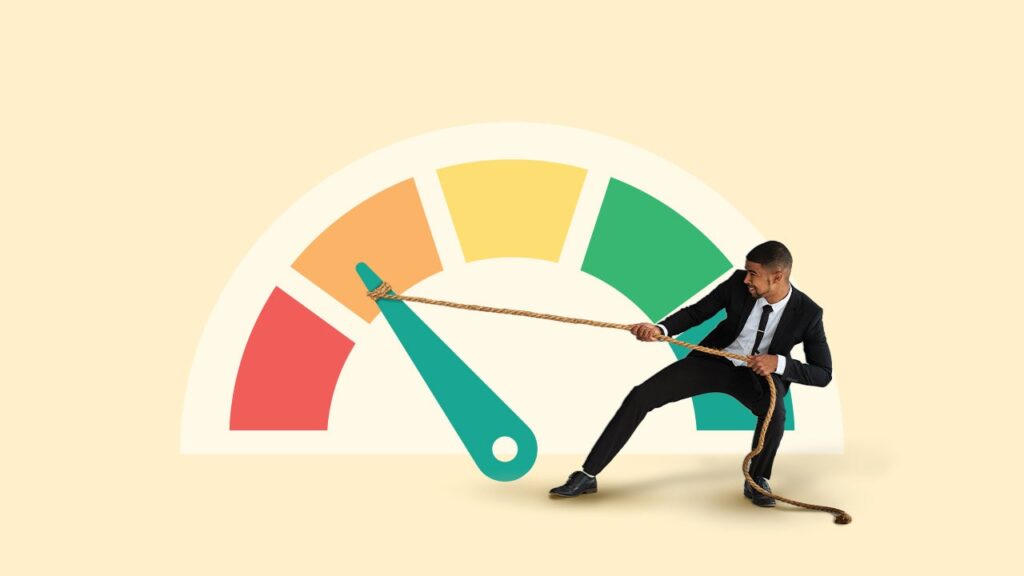
What You Can Do to Protect Yourself
While systemic change is needed, individuals can still take certain measures to safeguard their financial standing and push back against unfair bias:
- Review Your Credit Report Regularly:
Obtain your report from credit bureaus like CIBIL, Equifax, and Experian. Check for inaccuracies — even minor errors can significantly lower your score. - Dispute Incorrect Information:
If you spot mistakes, file a formal dispute. Bureaus are legally required to investigate and correct verified errors. - Use Alternative Credit-Building Methods:
Some fintech companies now allow you to report rent payments or utility bills to build a positive credit record. - Avoid Multiple Loan Applications at Once:
Each hard inquiry can temporarily lower your score. Apply strategically, not simultaneously. - Advocate for Fair Credit Practices:
Support policy reforms that promote inclusion of non-traditional credit data and greater transparency in algorithmic decision-making.
The Way Forward
Credit scores were meant to democratize lending by replacing subjective human judgment with data-driven analysis. Yet, when the data itself reflects inequality, the outcome can never be truly fair. The challenge for regulators, banks, and tech companies is to build systems that recognize financial behaviour, not social background.
Until then, awareness remains the most powerful defense. Understand how the system works—and where it fails—to ensure it doesn’t define your worth unfairly.
Disclaimer: This article provides general information about financial systems and credit scoring. It does not constitute financial advice. Readers are advised to consult certified financial professionals before making lending or investment decisions.








